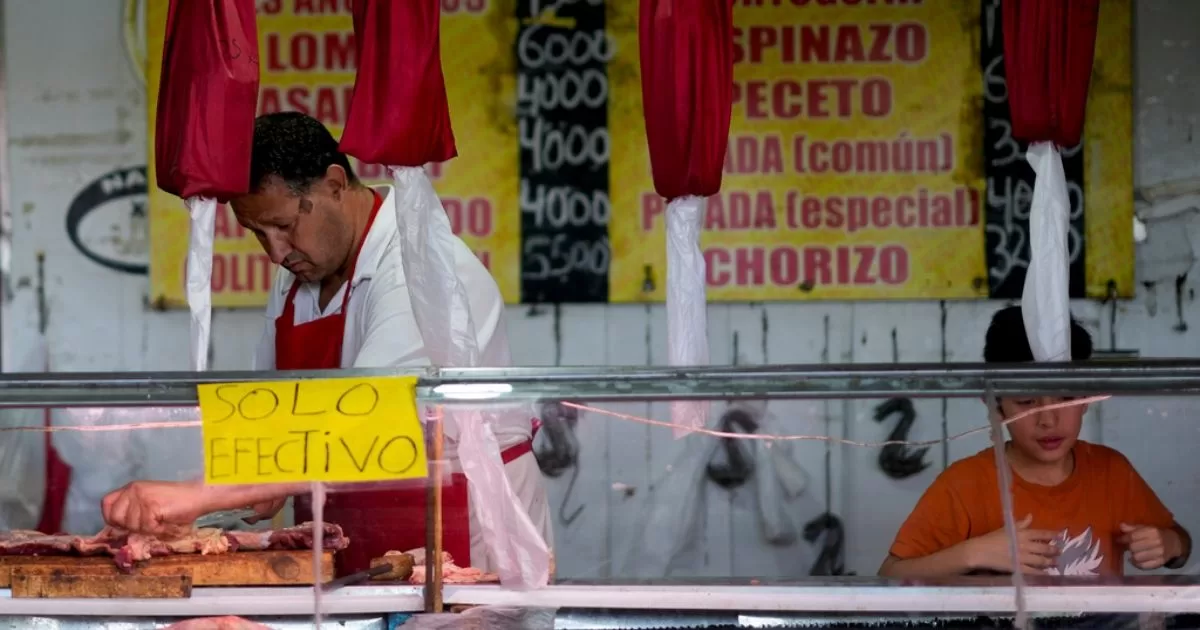BUENOS AIRES.- Argentina registered in December a inflation 25.5% monthly and closed 2023 with a interannual variation of 211.4%, the worst measurement in the last 32 years, according to data released this Thursday by the National Institute of Statistics and Censuses (Indec).
However, the December estimate is below the 30% that the president had publicly projected. Javier Miley for your first month of government.
“If the number is closer to 25%, it means that the success was tremendous,” Milei said in an interview with La Red radio in Buenos Aires just before the official figure was released. “If you were at 25% in the second week (of December), and that led to a dynamic of 45%, in the third week you were at 30%… we would be in an unprecedented case in which you broke the inflationary inertia already in the fourth week,” he said.
During his campaign, Milei promised to dollarize the economy and eliminate the Central Bank to end inflation, which is at the top of Argentines’ concerns. Instead, upon taking office, she launched an adjustment plan with the purpose of avoiding hyperinflation and warned that it will have a “negative impact on the level of activity, employment, real wages, the number of poor and indigent people.” Poverty affects 40% of the population.
Milei asserted that it is the price to pay so that Argentines can later reap “the fruits of our efforts, having created the foundations for solid growth.” And that only when macroeconomic variables stabilize will the economy be dollarized.
In November, inflation was 12.8% and the interannual variation was 94.79%.
To find a record similar to last December’s inflation, we must go back to February 1991, when it reached 27%.
“The effect of the jump in the official exchange rate and the liberalization of prices was evident,” indicated the consulting firm C&T Asesores Economicos. “Numerous sectors had increases close to 30% monthly, including the critical Food and Non-alcoholic Beverages,” she noted.
The price deregulation policies, added to the devaluation of more than 50% that the Milei government applied within the framework of its reformist measures, induced an inflationary dynamic, economists agreed. The president also eliminated the price controls implemented during the previous administration of Peronist Alberto Fernández (2019-2023).
According to an Indec report, food and non-alcoholic beverages with average increases of 29.7% had the greatest impact in the measurement that closed the year. Various mass consumption products rose around 30%, while medicines had average increases of 40%.
Some consulting firms such as Eco Go warn of a slight slowdown in food prices in the first days of January, which makes them project a monthly increase in the cost of living that is lower than in December.
“There is still a process of rearranging relative prices,” Milei said this Thursday. “You are going to continue with a period of inflation of horrible numbers, but the issue is that you see that the next step is the fall of inflation,” she said.
Source: With information from AP

